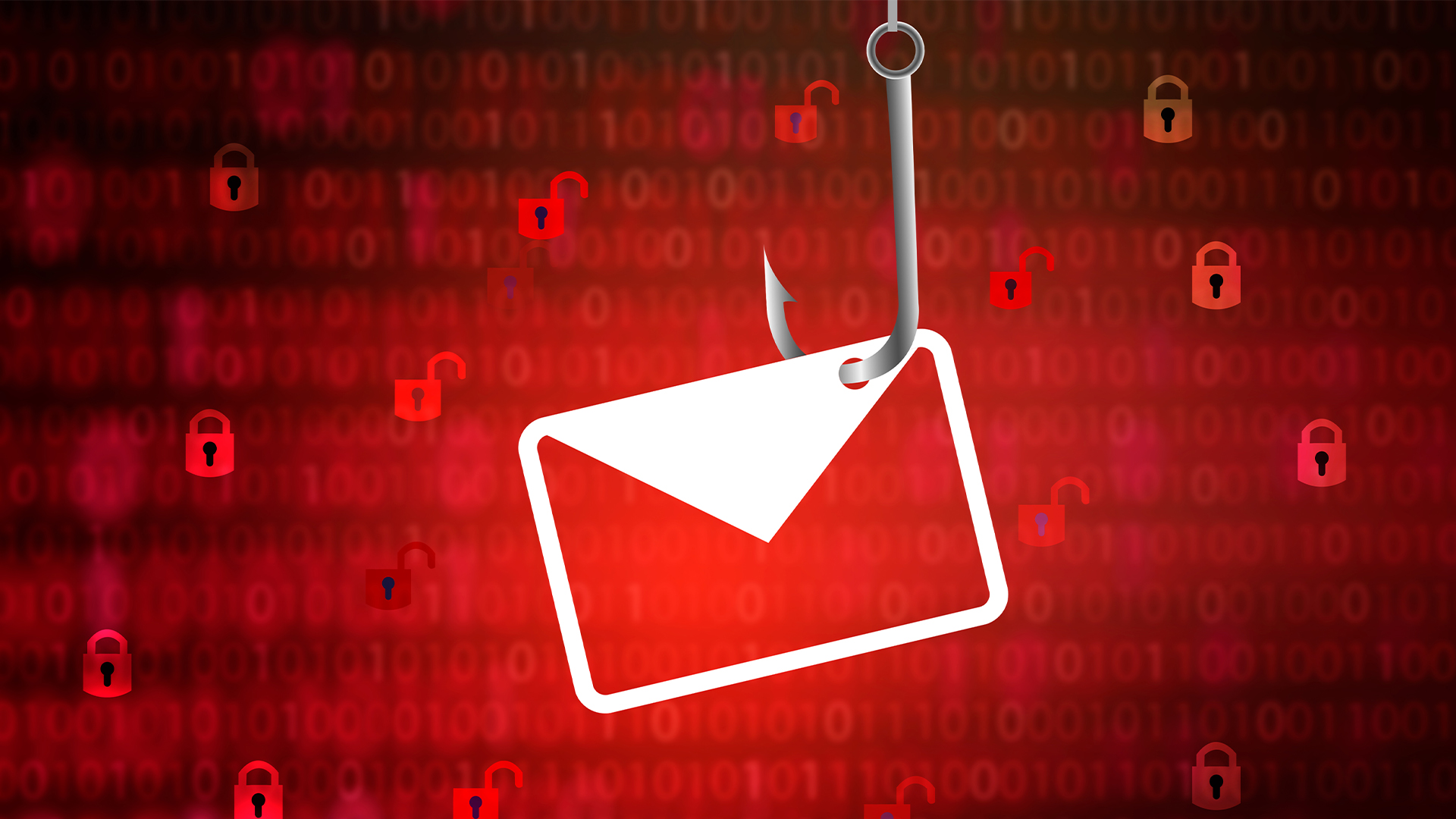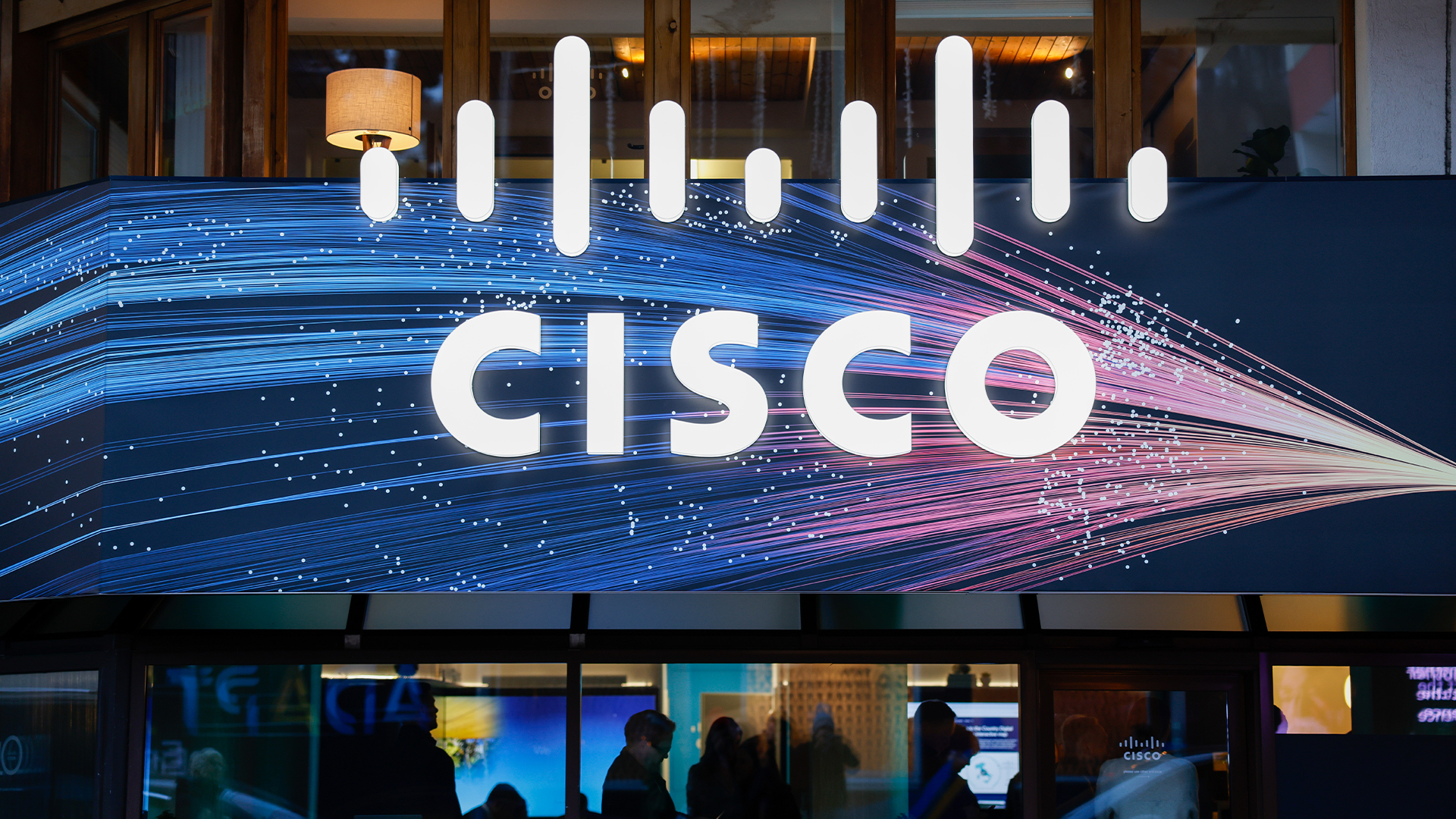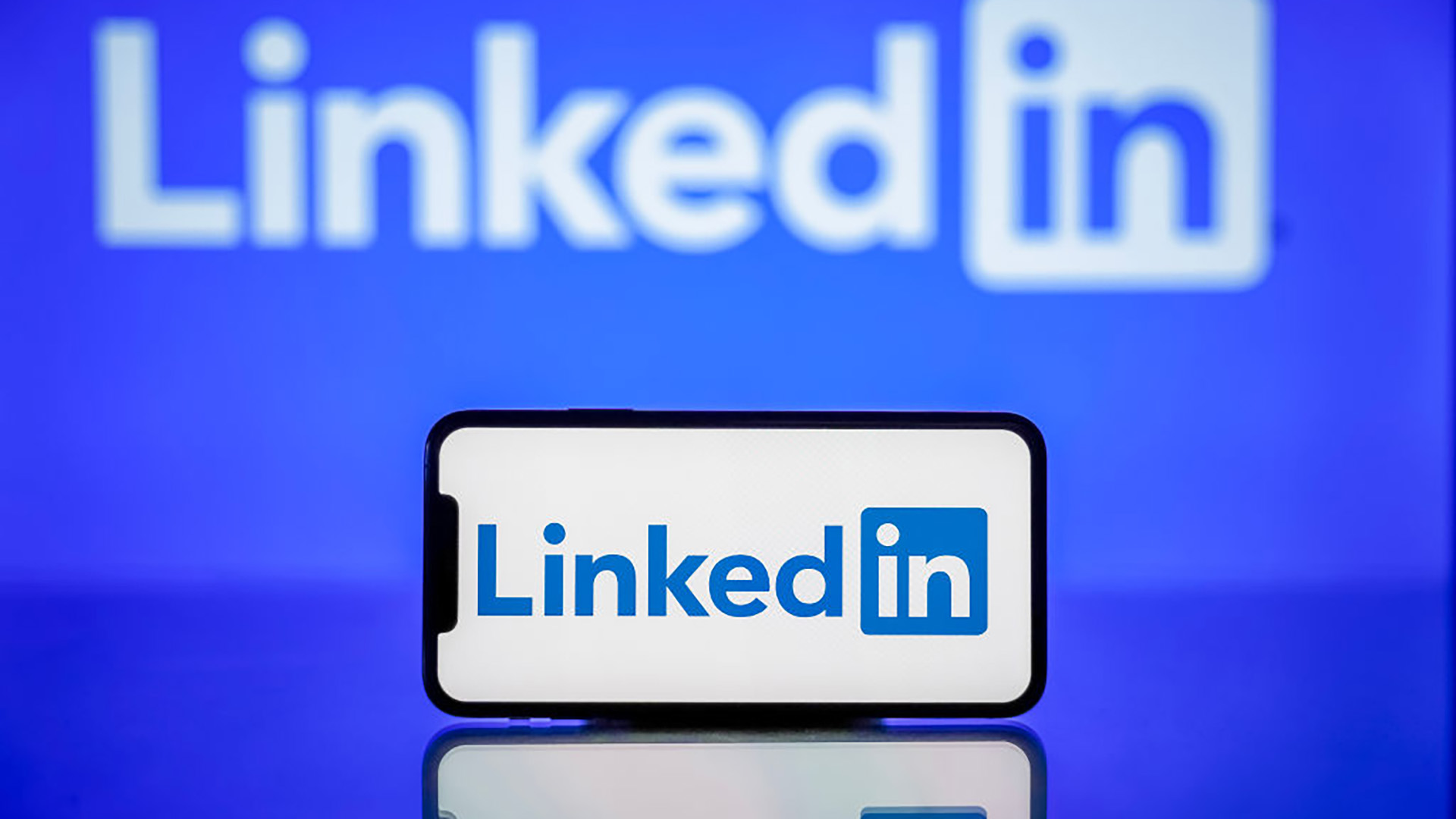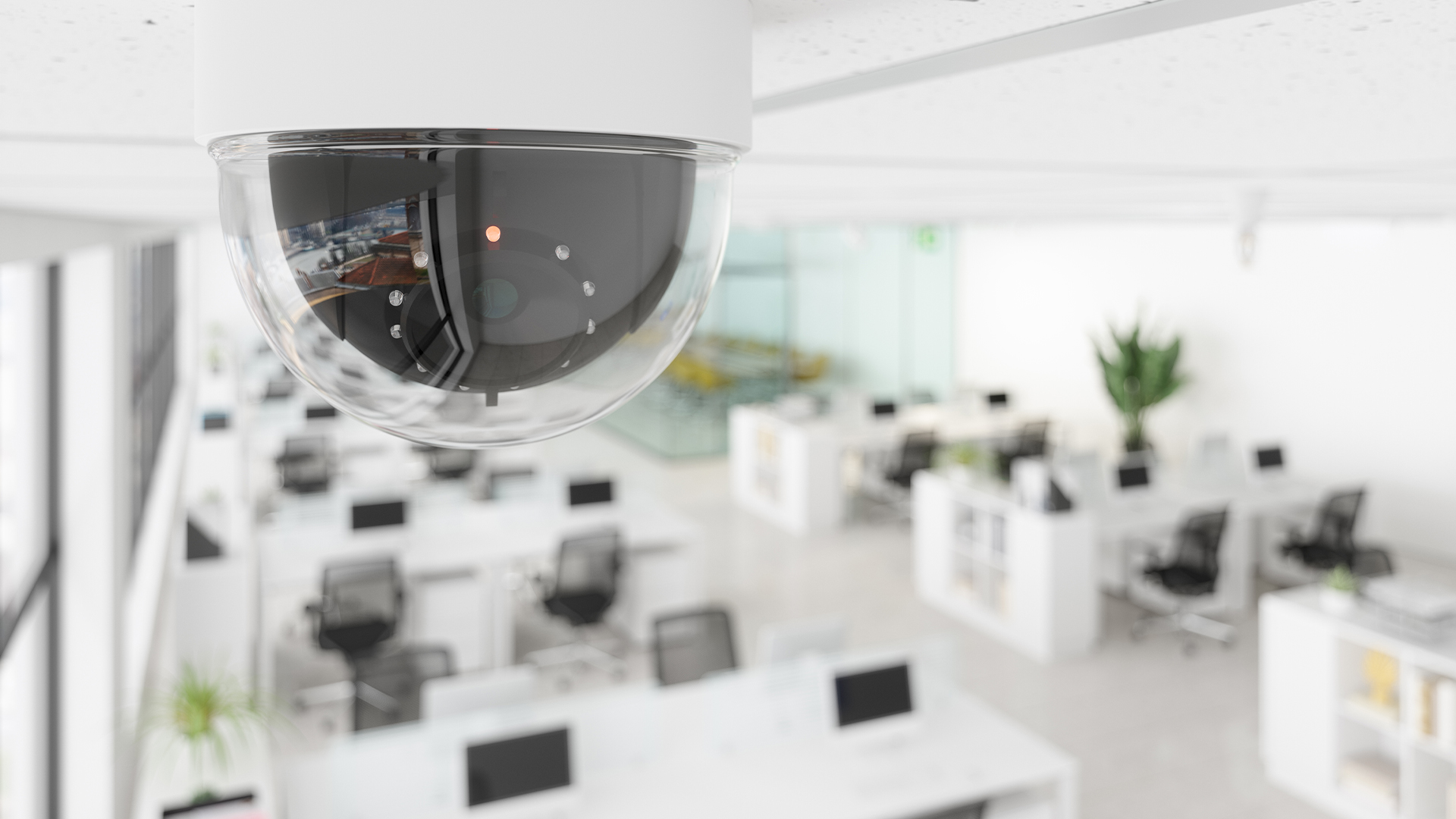Deepfake attacks expected to be next major threat to businesses
Cisco’s cyber security experts agreed that social norms may also become “super weird” as a result


Deepfake-driven cyber attacks are set to become more popular in the near future as the artificial intelligence technology (AI) becomes more widely used, security experts at Cisco warned this week.
Such attacks could involve fake videos of companies’ CEOs being sent to employees, telling them to conduct wire transfers, for example.
RELATED RESOURCE

Recommendations for managing AI risks
Integrate your external AI tool findings into your broader security programs
Deepfake technology involves training an AI program with large amounts of data in order for it to learn how any given individual would look when saying certain words, and how they sound, including accurate intonation and speech pauses.
“Well, your targets are those that have public personas, because you need lots of training footage to do this,” said Nick Biasini, head of outreach at Cisco Talos. “So it'd be much easier to pick your CEO, go after the CEO, because they're on video constantly, and they're talking constantly. You could use that to easily make a video of them that all of a sudden your CEO is calling you, it looks like your CEO sounds like your CEO, and they're telling you to do a wire transfer.”
“There literally is a threshold of how much data you need to establish a ground truth to model the voiceprint and once that model is sufficient, shove whatever you want through it,” said TK Keanini, VP of security architecture and CTO at Cisco Secure.
Keanini also said that social norms could become “super weird” if such attacks became more popular. Giving the example of a family member calling a loved one, knowledge of this kind of attack may result in scenarios where additional questions will need to be asked just to check that the person they are dealing with is real. In this sense, it's seen as an evolution of the type of phishing attacks we know today, with a layer of suspicion attached to communication from specific people.
Fears around the use of deepfake technology in the cyber security landscape have been present for a number of years. Trend Micro revealed that such attacks were on its list of top cyber threats for the future as far back as 2019, when it presented to delegates of CloudSec.
Get the ITPro daily newsletter
Sign up today and you will receive a free copy of our Future Focus 2025 report - the leading guidance on AI, cybersecurity and other IT challenges as per 700+ senior executives
When asked if deepfake use in cyber security was simply a gimmick that would never materialise, Keanini said: “It's definitely real. It doesn't take much to fake the backgrounds, it's not that much further to fake the foreground”.
“And as we move more and more to [hybrid working] collaboration, everybody's on video conferencing now, so it makes it even easier to launch those types of attacks than it would have been before,” said Biasini.
The pair revealed their expectations during a discussion about emerging cyber threats, chief among which was the idea that social engineering tactics would become more sophisticated and more pervasive.
Speaking at Cisco Live, JJ Cummings, managing principal of threat intelligence and interdiction at Cisco, said that foreign adversaries, specifically, were using increasingly sophisticated social engineering tactics on victims, based on the cases Cisco Talos has seen.
“One of the things that we started to see and one of the groups that we're tracking, since at least September of 2021, is very directed, very effective social engineering,” said Cummings.
“[It involves] making phone calls to specific strategically targeted individuals within an organisation, convincing those individuals that they're members of IT, or some support staff, and those individuals are doing one of two things: possibly giving up a password, certainly accepting a multifactor authentication push to their device, letting the bad guy in because the bad guy’s stolen the password.”
Biasini said that social engineering should be one of the biggest concerns for businesses over the coming years, adding that because the security industry is getting better at stopping systems from being exploited, attackers will turn to people instead.
Deepfake technology is what’s going to make the threat “exponentially worse” and that “people have a hard enough time not trusting stuff that they read online; just wait until they're having to not trust their eyes and their ears when they're watching people say the things that they're saying,” he said.

Connor Jones has been at the forefront of global cyber security news coverage for the past few years, breaking developments on major stories such as LockBit’s ransomware attack on Royal Mail International, and many others. He has also made sporadic appearances on the ITPro Podcast discussing topics from home desk setups all the way to hacking systems using prosthetic limbs. He has a master’s degree in Magazine Journalism from the University of Sheffield, and has previously written for the likes of Red Bull Esports and UNILAD tech during his career that started in 2015.
-
 Bigger salaries, more burnout: Is the CISO role in crisis?
Bigger salaries, more burnout: Is the CISO role in crisis?In-depth CISOs are more stressed than ever before – but why is this and what can be done?
By Kate O'Flaherty Published
-
 Cheap cyber crime kits can be bought on the dark web for less than $25
Cheap cyber crime kits can be bought on the dark web for less than $25News Research from NordVPN shows phishing kits are now widely available on the dark web and via messaging apps like Telegram, and are often selling for less than $25.
By Emma Woollacott Published
-
 Have I Been Pwned owner Troy Hunt’s mailing list compromised in phishing attack
Have I Been Pwned owner Troy Hunt’s mailing list compromised in phishing attackTroy Hunt, the security blogger behind data-breach site Have I Been Pwned, has fallen victim to a phishing attack targeting his email subscriber list.
By Jane McCallion Published
-
 Cisco claims new smart switches provide next-level perimeter defense
Cisco claims new smart switches provide next-level perimeter defenseNews Cisco’s ‘security everywhere’ mantra has just taken on new meaning with the launch of a series of smart network switches.
By Solomon Klappholz Published
-
 Cisco is jailbreaking AI models so you don’t have to worry about it
Cisco is jailbreaking AI models so you don’t have to worry about itNews Cisco's new AI Defense security solution helps organizations shore up LLM security by identifying potential flaws.
By Solomon Klappholz Published
-
 Cisco dispels Kraken data breach claims, insists stolen data came from old attack
Cisco dispels Kraken data breach claims, insists stolen data came from old attackNews Cisco has refuted claims it has suffered a data breach after the Kraken threat group posted stolen data online.
By Solomon Klappholz Published
-
 Cisco patches critical flaws in Identity Services Engine
Cisco patches critical flaws in Identity Services EngineNews Cisco has issued patches for a pair of critical vulnerabilities affecting its Identity Service Engine (ISE).
By Nicole Kobie Published
-
 LinkedIn has become a prime hunting ground for cyber criminals – here’s what you need to know
LinkedIn has become a prime hunting ground for cyber criminals – here’s what you need to knowNews Cyber criminals are flocking to LinkedIn to conduct social engineering campaigns, research shows.
By Solomon Klappholz Published
-
 Phishing campaign targets developers with fake CrowdStrike job offers
Phishing campaign targets developers with fake CrowdStrike job offersNews Victims are drawn in with the promise of an interview for a junior developer role at CrowdStrike
By Solomon Klappholz Published
-
 Your office is now absolutely riddled with surveillance equipment
Your office is now absolutely riddled with surveillance equipmentNews While workplace monitoring is shown to have a detrimental effect on morale, many firms are still charging ahead
By Nicole Kobie Published